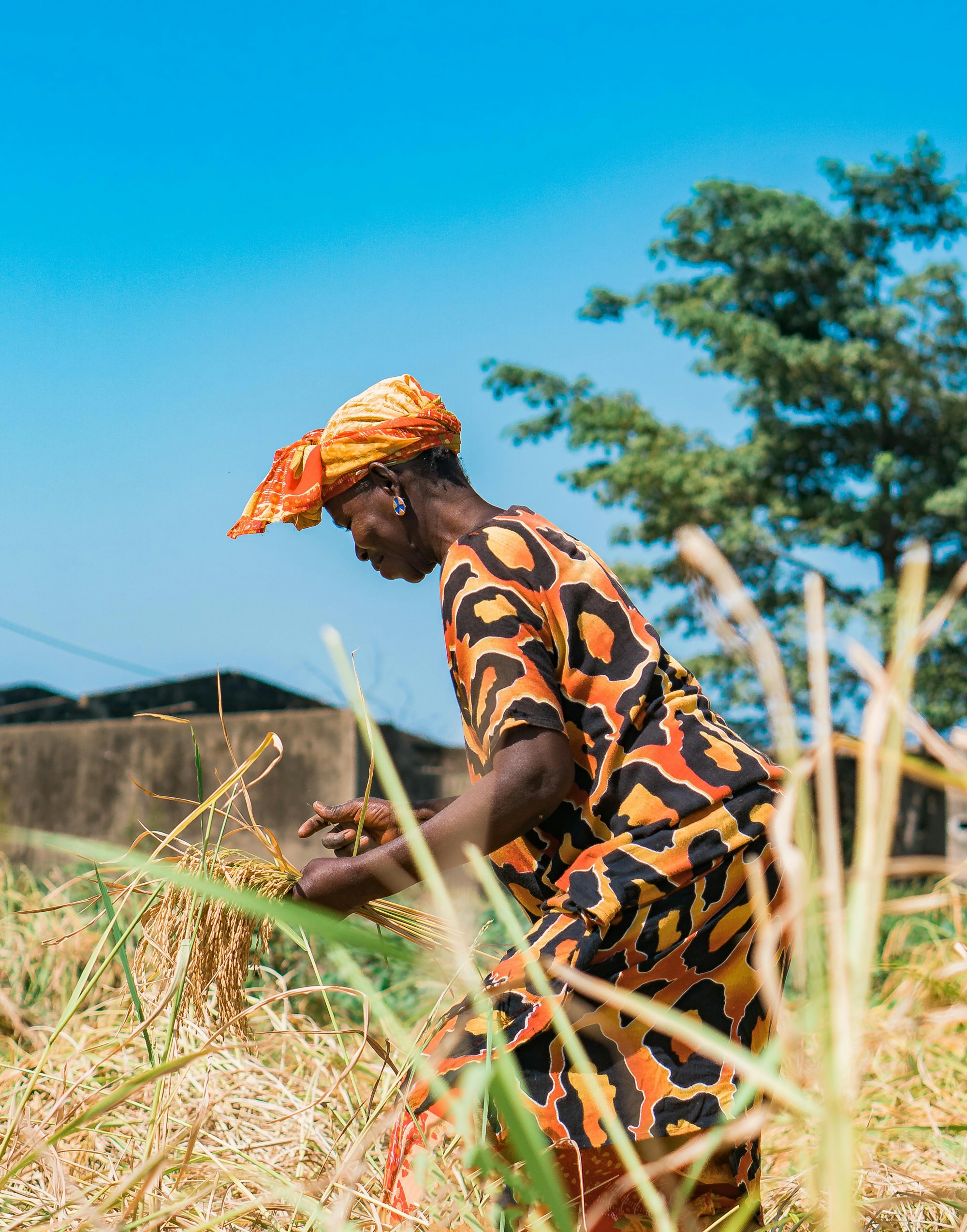Cultural Guide to Senegal: History, Customs, Festivals

Cultural Guide to Senegal: History, Customs, Festivals
Senegal, located on the west coast of Africa, is a vibrant country with a rich cultural heritage. From its fascinating history to its unique customs and lively festivals, Senegal offers travelers a captivating experience.
History
Senegal has a long and complex history shaped by various civilizations and empires. It was once a part of the Ghana, Mali, and Songhai empires before becoming a French colony in the late 19th century. Senegal gained its independence from France in 1960 and has since become a democratic country with a strong sense of national pride.
Today, Senegal is known for its peaceful coexistence between different ethnicities, religions, and cultures. The country's history is reflected in its architecture, art, music, and traditions.
Customs
Senegal is a country of diverse customs and traditions. The Senegalese people are known for their hospitality and warmth towards visitors. When visiting someone's home, it is customary to bring a small gift such as fruit, tea, or sweets as a token of appreciation. It is also polite to greet others with a handshake and maintain eye contact during conversations.
The concept of family is highly valued in Senegal, and extended families often live together in compounds. Respect for elders is important, and children are taught to show deference to their parents and other older family members. The role of women in society is also highly respected, with many holding influential positions in politics, business, and academia.
Religion plays a significant role in Senegalese culture, with the majority of the population practicing Islam. Mosques are an integral part of the landscape, and religious festivals and ceremonies are celebrated with great enthusiasm and devotion.
Festivals
Senegal is known for its vibrant and colorful festivals that showcase the country's rich cultural traditions. One of the most famous festivals is the Grand Magal of Touba, which commemorates the life and teachings of the spiritual leader Sheikh Ahmadou Bamba. It attracts millions of pilgrims from all over the world and is a sight to behold.
The Saint Louis Jazz Festival is another popular event that brings together local and international jazz musicians. It takes place in the historic city of Saint Louis and attracts music enthusiasts from near and far.
The Dakar Biennale, also known as Dak'Art, is a contemporary art exhibition that takes place every two years in Dakar. It showcases the works of African artists and provides a platform for cultural exchange and dialogue.
Explore Senegal
While in Senegal, there are several must-visit destinations. Dakar, the capital city, is a bustling metropolis with a vibrant street life, colorful markets, and a rich cultural scene. Visit the iconic African Renaissance Monument, take a stroll along the Corniche promenade, and explore the vibrant markets of Sandaga and Kermel.
For a taste of history, head to Saint Louis, a UNESCO World Heritage Site. This charming colonial town is known for its vibrant music scene, unique architecture, and annual jazz festival.
If you're in search of natural beauty, the Pink Lake (Lac Rose) is a must-visit. Its pink hue, caused by algae and high salt content, creates a stunning visual spectacle. You can also take a boat trip to explore the wildlife-rich Djoudj National Bird Sanctuary, a haven for birdwatchers.
To experience traditional Senegalese village life, visit the island of Gorée. This historical island is a reminder of the country's past as a major center of the transatlantic slave trade. Explore the colonial buildings, visit the House of Slaves museum, and learn about the poignant history of the island.
